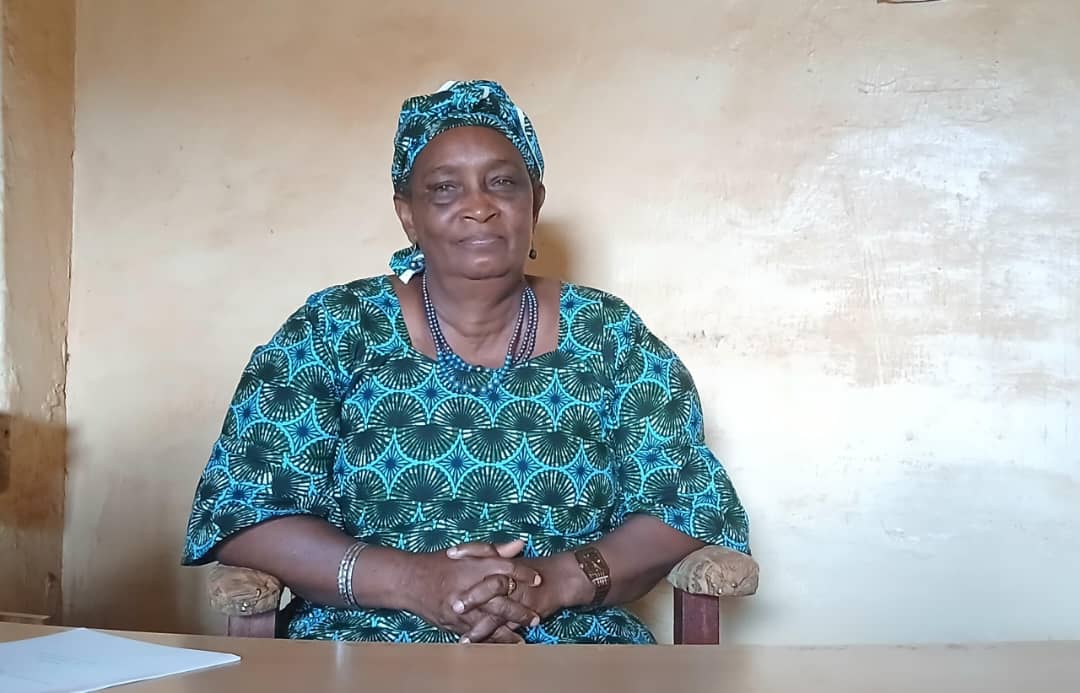By Jackson Gaaniko Mathew
Members of the Western Equatoria State Transition Legislative Assembly (WES TLA) and civil society activists have urgently called for the reopening of the assembly, closed since June 2024. They accuse state authorities, particularly Governor Alfred Futuyo Karaba, of using political excuses to obscure corruption issues and evade accountability, hindering the assembly’s capacity to address critical community concerns
In an interview, Mary Sungu Yoere, Chairperson of the Special Committee on Information at WES TLA, stressed the importance of resuming legislative sessions. “Our tradition mandates that we are in session for three months before taking a recess to engage with our community. We returned in June to present our findings, yet the Assembly remains closed. This has stalled discussions on vital matters like education, infrastructure, and basic services,” she stated.
The delay not only disrupts legislative processes but also communication between lawmakers and the public. “We cannot summon ministers or debate key issues because the Assembly isn’t officially open. Our community awaits our resolutions, but everything is at a standstill,” she added.
The governor has not yet issued the order to reopen the assembly, which is his prerogative according to the state constitution. Despite lawmakers being present, sessions cannot commence without the Governor’s approval. “The Speaker has attempted multiple consultations with the Governor, but the Assembly remains closed,” Yoere explained.
Some MPs, speaking anonymously, suggested that the delay is a strategic move to conceal corruption within the state government. “This is a political maneuver to mask corrupt practices. Ministers should be held accountable, but this delay prevents us from fulfilling our role,” one MP remarked. They noted that the governor could delegate authority to his deputy for reopening the assembly if he is unavailable, emphasizing that the state cannot be held hostage by political maneuvers.
The consequences of the delay extend beyond the assembly; urgent matters like the state budget and security remain unaddressed. “The budget has not been properly presented, and we cannot follow up on security concerns. The Chairperson of Security in the Assembly cannot address these issues because the Assembly is still closed,” Sungu stated.
She urged the state government to expedite the reopening: “The Assembly must resume its session so we can debate, present findings, and make resolutions. Our community relies on us, and we cannot let them down.”
In the meantime, lawmakers urge the community to remain patient. “We ask our people to stay calm as we await the Governor’s official opening of the assembly. We are ready to serve once the session begins,” Yoere concluded.
Echoing this urgency, Edmond Yakani, Executive Director of the Community Empowerment for Progress Organization (CEPO), raised concerns about the prolonged closure of the State Parliament. He emphasized that a functional parliament is crucial for attracting donor attention to the region.
“While we acknowledge the challenges, we believe practical leadership can facilitate the urgent resumption of Parliament sessions,” Yakani urged Governor Karaba. He pointed out that many pressing issues in Western Equatoria can only be addressed with a functional state parliament.
Yakani also appealed to other state governors with parliaments in recess, stressing the importance of active state parliaments, especially as the budgeting process for the financial year 2024-2025 approaches He commended Northern Baragazal for its proactive budget enactment at the assembly level.

